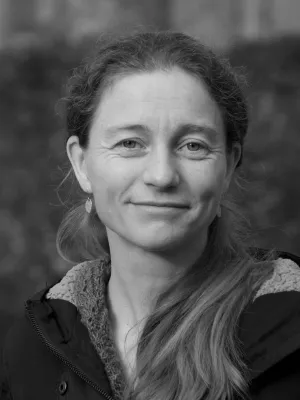
Katinka Johansen
Postdoc

Something is sustainable in the state of Denmark : A review of the Danish district heating sector
Författare
Summary, in English
This paper provides a coherent review of district heating in Denmark, exploring past, present and future perspectives. Danish district heating is known as unique internationally in terms of heat planning strategies, technical solutions and combinations, energy efficiency and sustainability, ownership models and financing, and it has captured the attention of district heating communities and stakeholders worldwide from the early days. Historically, a ban on landfills incentivised waste incineration, and the strategic integration of combined heat and power plants and recycling of waste heat from industry all increased energy efficiency in the energy system. Ultimately, this contributed to the top World Energy Council ranking of the Danish energy system according to the energy trilemma criteria. A cooperative mind-set, welfare state values and the notions of energy efficiency-, availability-, independency- and sustainability were all pivotal for the evolution of the district heating networks throughout Denmark. Other unique features of the Danish district heating sector include large-scale collective heat planning, the mandatory connection, the non-profit principle, the same approximate price for customers irrespective of heat density, and the relatively high average price of district heating. Moreover, district heating knowledge hubs have led to world-wide exports of district heating technologies and know-how. Future challenges for the Danish district heating sector include increasing biomass import dependency, the changing role of combined heat and power plants in the energy system, transitions to non-combustion heat supplies, and competition from individual heat pumps in single-family houses. However, future ‘smart’ thermal grids will increasingly facilitate sector coupling processes as more renewable energy resources are integrated into the energy system in Denmark and internationally.
Avdelning/ar
- Sociologiska institutionen
Publiceringsår
2022
Språk
Engelska
Publikation/Tidskrift/Serie
Renewable and Sustainable Energy Reviews
Volym
158
Dokumenttyp
Artikel i tidskrift
Förlag
Elsevier
Ämne
- Social Sciences Interdisciplinary
- Energy Systems
Nyckelord
- District heating
- Denmark
- Heat planning
- Energy transition
- Review
Status
Published
ISBN/ISSN/Övrigt
- ISSN: 1364-0321

